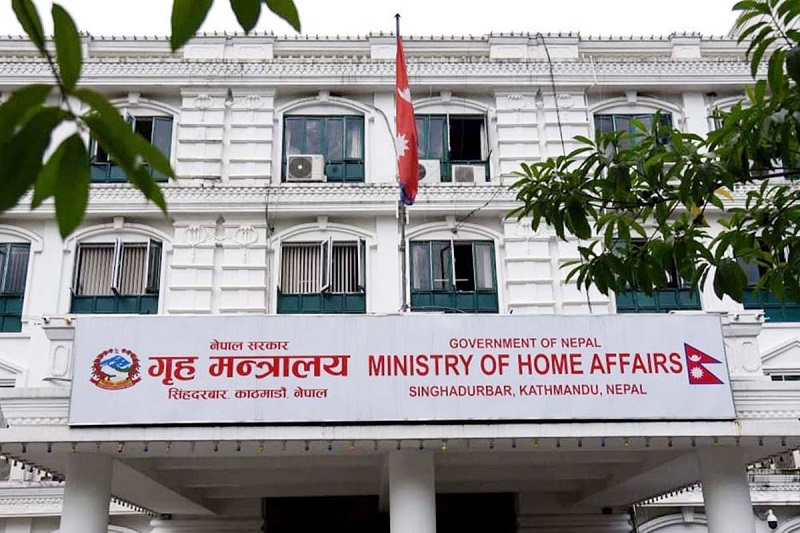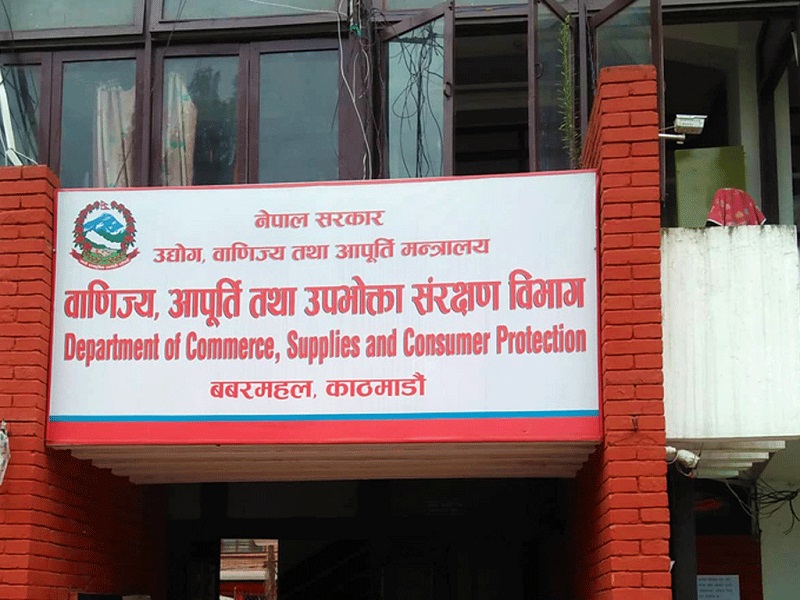Companies Must Now Pay Tax on Bonus Shares Themselves – Directive Amended by the Securities Board
25th November 2025, Kathmandu
The Securities Board of Nepal (SEBON) has introduced a significant regulatory change mandating that companies must now pay the dividend tax applicable on bonus shares themselves, relieving the individual shareholder of this responsibility at the time of issuance.
Tax on Bonus Shares
This move is designed to simplify the process for investors and improve compliance across the capital market.
New Mandate Under the 10th Amendment
The new requirement has been formally implemented through the 10th Amendment to the Securities Issuance and Allotment Directive 2082.
Core Requirement: The new directive specifically mandates that “All organized institutions registered with the Securities Board must deduct and pay the dividend tax themselves while distributing bonus shares to shareholders.”
Legal Basis: To enforce this change, SEBON has added a new Sub-section (7) to Section 40 of the earlier, foundational regulatory document, the Securities Issuance and Allotment Directive 2074. This amendment solidifies the company’s role as the final withholding agent for the applicable tax on bonus share distributions.
Effective Date: The amendment was issued on Monday, indicating its immediate relevance to all registered corporate entities planning to distribute bonus shares to their investors.
Tax Implications and Shareholder Benefit
This amendment streamlines the mechanism of dividend tax payment, a process that has often been confusing or cumbersome for individual investors.
Taxation of Bonus Shares: In Nepal, while bonus shares (shares issued from a company’s retained earnings) themselves are not taxed as capital gains at the time of distribution, the company’s distribution of profits is still subject to dividend tax. This tax is levied on the capitalized face value of the bonus shares, which is the amount the company allocates from its reserves to issue the shares. The tax rate on this dividend portion is generally 5 percent.
Shifted Responsibility: Prior to this amendment, the tax liability, though calculated by the company, was often transferred to the shareholder, requiring them to pay the tax upon receiving the shares. The new directive makes the company directly responsible for deducting and paying this 5 percent dividend tax to the government.
Benefit to Shareholders: For the individual investor, this change simplifies the process by ensuring they receive the full allocated bonus shares without needing to separately manage the dividend tax payment. The company now handles the entire tax compliance process on behalf of the shareholder, improving the efficiency and convenience of receiving dividends.
Broader Impact on Compliance and Market
This regulatory revision reflects SEBON’s continued effort to modernize the capital market’s operational mechanisms and enhance financial governance.
Improved Compliance: By centralizing the tax payment responsibility with the corporate entity, the amendment reduces the risk of non-compliance that could arise from managing tax payments from over two million individual shareholders. Organized institutions are better equipped to handle the centralized deduction and remittance process accurately and efficiently.
Capital Market Integrity: Directives that standardize and simplify tax compliance strengthen the overall integrity of the capital market. This change ensures that dividend tax on bonus share issues is collected promptly and correctly at the source, contributing to the government’s revenue collection mechanism.
This regulatory move ensures a smoother, more transparent process for the distribution of bonus shares, minimizing administrative burdens for investors and reinforcing the accountability of listed companies regarding dividend tax compliance.
For More: Tax on Bonus Shares







